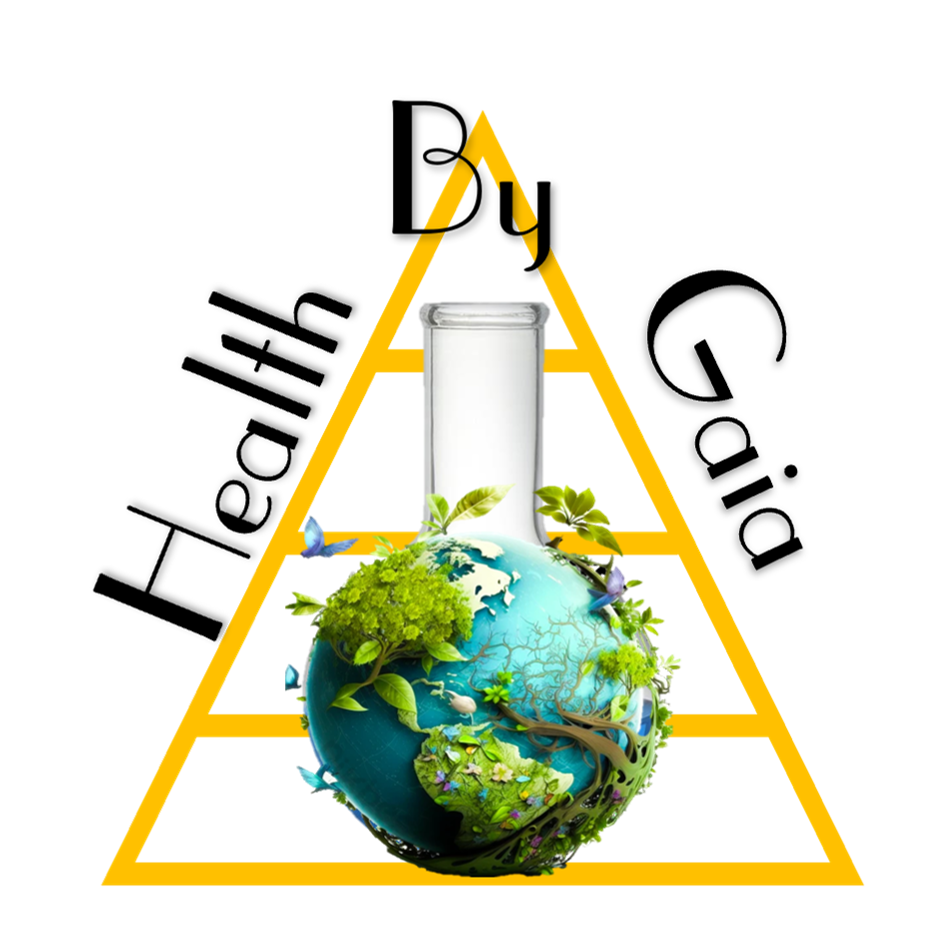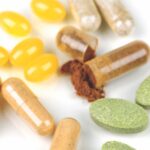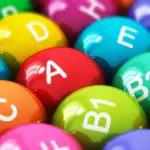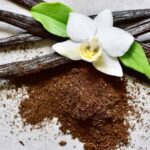Does Vitamin B17 Exist?
Overview:
Terms of interest:
Vitamin B17 | Amygdalin | Laetrile
Claims:
Amygdalin
Laetrile
First synthesized by Krebs and termed as vitamin B17, laetrile is an acronym for the terms laevorotatory and mandelonitrile. Initially utilized as an alternative cancer therapy in Russia and then in the USA, around 1920s, it was patented by the USA as D-mandelonitrile-β-glucuronide. It is also popular in Mexico but, the compound used is D-mandelonitrile-β-gentiobioside (has two glucose molecules combined through hydroxyl positions 1 and 6). Laetrile therapy is usually taken in combination with other CAM proponents, like diet, urine, metabolic and oral therapy, β-glucuronidase injections and intake of fruit seeds. Laetrile, unlike amygdalin, has only one glucose molecule. It has 6% cyanide by weight. If eaten with foods that have β-glucosidase, combined with gut-flora composition, it leads to cyanide toxicity which can occur in three stages.
Studies Showing Positive Results:
Conflicting Finds:
Its funny as we tend to see a pattern in our research of “falling in line” with a general opinion despite actual testing or research being done. Oddly enough grant funding for this substance doesn’t seem to run to the top of the list as many studies done on it have not been funded externally. We find it odd that the results from independent research tend to show highly positive results, while those funded by grants from medical funding foundations tend to show the opposite. Seems like there might be some NDA contracts and hush money at play here, but that is just speculation from the results we have found.
Summary of Study June 2023
A study that was published in June of 2023 titled, “Antioxidant, Anti-Inflammatory, and Anti-Cancer Properties of Amygdalin Extracted from Three Cassava Varieties Cultivated in Benin,” showed some interesting results in the study of this substance.
The summary of which was as follows:
Indeed, amygdalin, a molecule known for its numerous pharmacological properties, was quantified in cassava organs and derivatives. The results revealed the presence of this molecule in all samples but at variable levels. The leaves of the different cassava varieties and the Agbeli derivative showed a higher level of amygdalin. The anticancer power of the plant is due to the presence of a high level of amygdalin in its leaves.”
Document:
Below is another research study that found the agent effective in fighting cancer. This study was also published on the NIH website and can be found at https://www.ncbi.nlm.nih.gov/pmc/articles/PMC9599719/
Summary:
In a non-official sense it seems that Vitamin B17 does in fact exist and has shown evidence in the past and recently to be effective in causing anti-tumor effects, although the natural version found in apricot seeds is acclaimed to be converted in the gut by gut bacteria to cyanide. Although we have found conflicting evidence in results to this being true, one person we spoke with claimed they eat 10 apricot seeds everyday and have no negative effects that would he would consider as “toxic.”
So it seems that there is something to the Vitamin B17 story, although we do not suggest utilizing this as a method for treating any tumor related disease as the medical evidence is too conflicting. It is for you to do your own research and come to a conclusion yourself using your best judgement.




















Leave a Reply